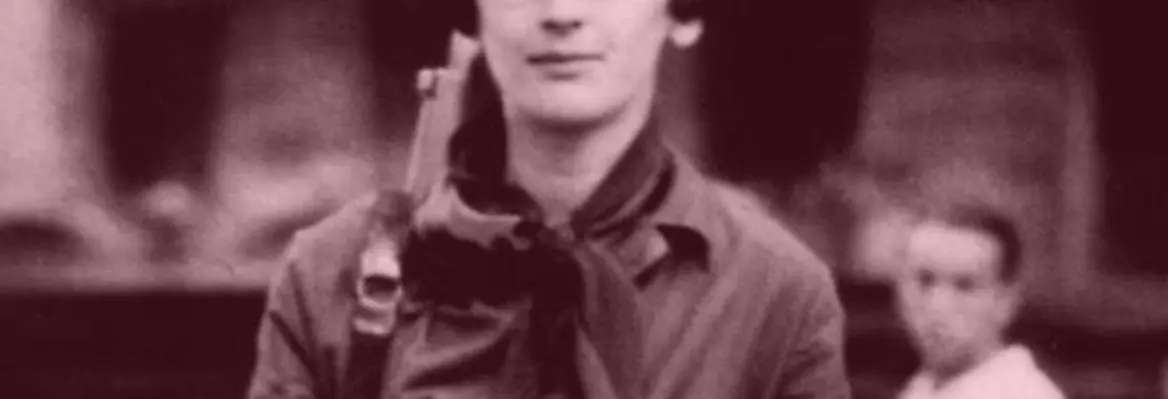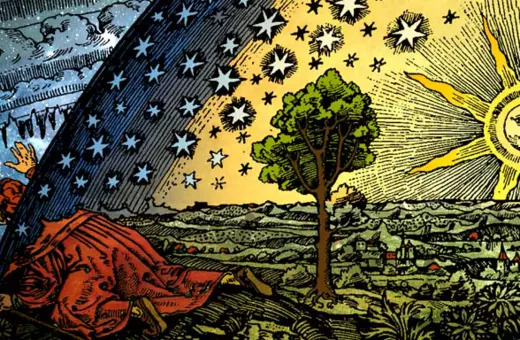“My fellow Americans,” Barack Obama said in a speech late in his presidency condemning terrorism, “I am confident in this mission because we are on the right side of history.” When I heard him say that, I immediately thought: what’s history got to do with it? I recalled Obama’s fondness for Martin Luther King Jr.’s statement that “the arc of the moral universe is long, but it bends towards justice.” A moving sentiment, indeed; but is it true? I’m dismayed by Obama’s penchant, by no means unique to him, to see history as the arbiter of justice, by the tendency to subscribe to a belief in “the judgment of history”. I wasn’t alone in my dismay. In an article in The Atlantic in 2015, “The Wrong Side of ‘The Right Side of History’”, David Green expounded at length on the fallacy of awaiting the judgment of history, of time, to which Obama, and many others, has apparently succumbed. It is a dangerous fallacy. “Everything that is threatened by time,” wrote the mystical, Christian-Platonist French philosopher Simone Weil in Gravity and Grace, “secretes falsehoods in order not to die.” What, one must ask, is the source of this fetishism of history, and more generally, of the march of time?
One source, clearly, is the idea of progress. And where did this idea come from? “Christianity,” said Weil in her Letter to a Priest, “was responsible for bringing [us] this notion of progress … and this notion has become the bane of the world.” Why the bane of the world? Because “there is no reason to establish any connection between the degree of perfection and chronological sequence.” Worse, as she put it in her late book, The Need for Roots, written as she languished in London toward the end of WWII, disgusted by the Free French for whom she agreed to write the book: “History is a tissue of base and cruel acts in the midst of which a few drops of purity sparkle at long intervals.” But as a Christian, didn’t Weil think history forever changed after the ministry of Christ? No. “The content of Christianity existed before Christ”, she said in Letter to a Priest, for “if the Redemption … had not been present on earth from the very beginning, it would not be possible to pardon God.” Indeed “since [Christ’s] day there have been no very noticeable changes in men’s behaviour.”
__
"At the heart of Weil’s argument against history resides a lesson we today need specially to heed. The lesson concerns the fundamental question of whether the meaning of the world can be found within it”
___





















Join the conversation